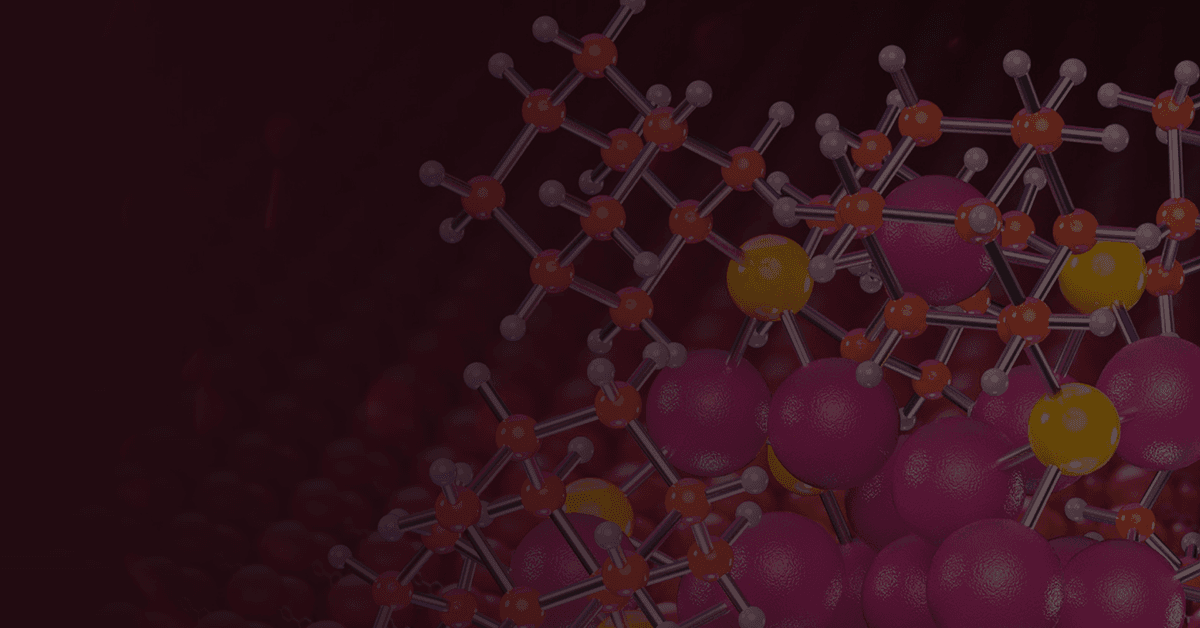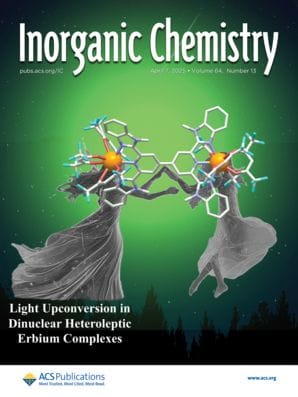This Special Issue aims to highlight the latest research and advancements in proton-coupled electron transfer (PCET) within the realm of coordination chemistry. Submit your manuscript by September 30, 2025.

Proton-coupled electron transfer (PCET) is a key mechanistic paradigm in coordination chemistry, governing fundamental redox transformations in chemical and biological processes. PCET plays a crucial role in areas such as energy conversion, catalysis and enzymatic reactions. For molecular inorganic chemists, understanding how metal-ligand environments influence PCET pathways is critical for designing catalysts, functional materials, and metalloenzyme models.
This Special Issue of Inorganic Chemistry seeks to bring together experts from across the Periodic Table to share insight on traditional approaches and emerging strategies for experimental and theoretical aspects of PCET. We invite cutting-edge research on PCET within coordination chemistry, particularly in redox catalysis, ligand design, and advanced characterization techniques. Our goal is to bridge the fundamental and applied aspects of PCET by highlighting both mechanistic studies and practical applications.
Topics include, but are not limited to:
- Molecular mechanisms of PCET in coordination complexes
- PCET dynamics in metal complexes
- PCET in redox catalysis
- PCET applications in photo redox catalysis
- PCET in homogeneous and molecular electrocatalysis
- Ligand design strategies to fine-tune PCET-driven catalytic reactivity
- Bioinspired metal complexes mimicking PCET-dependent metalloenzyme functions
- Spectroscopy to track PCET intermediates
- Electrochemical and spectro electrochemical methods to probe PCET redox events
- PCET driven charge transport in molecular electronics
- Design of MOFs, supramolecular assemblies and hybrid materials integrating PCET principles
Submissions are welcome through September 30, 2025. All articles will be peer reviewed prior to acceptance, to ensure they fit the scope of the special issue and meet the high publishing standards of Inorganic Chemistry.
Organizing Editors
Prof. Christian Limberg, Associate Editor, Inorganic Chemistry
Humboldt University of Berlin, Germany
Prof. Ellen Matson, Guest Editor
University of Rochester, United States
Prof. Inke Siewert, Guest Editor
Georg-August-Universität Göttingen, Germany
Prof. Oliver Wenger, Guest Editor
University of Basel, Switzerland
Dr. Ming-Tian Zhang, Guest Editor
Tsinghua University, China
Submission Information
We welcome submissions for this Special Issue through September 30, 2025. For more information on submission requirements, please visit the journal’s Author Guidelines page.
Accepted manuscripts for consideration in this Special Issue will include research articles, communication, viewpoints and review. Papers accepted for publication for this Special Issue will be available ASAP (as soon as publishable) online. After all submissions have been published, they will then be compiled online on a dedicated landing page to form the Special Issue. Manuscripts submitted for consideration will undergo the full rigorous peer review process expected from ACS journals.
Open Access: There are diverse open access options for publications in American Chemical Society journals. Please visit our Open Science Resource Center for more information.
How to Submit
- Log in to the ACS Publishing Center.
- Select the “Journals” tab.
- Choose Inorganic Chemistry.
- Click “Submit.”
- Select your manuscript type, and, under "Special Issue Selection," choose “Proton-Coupled Electron Transfer in Coordination Chemistry."
If you have any general questions regarding submission to this Special Issue, please contact eic@inorg.acs.org.

